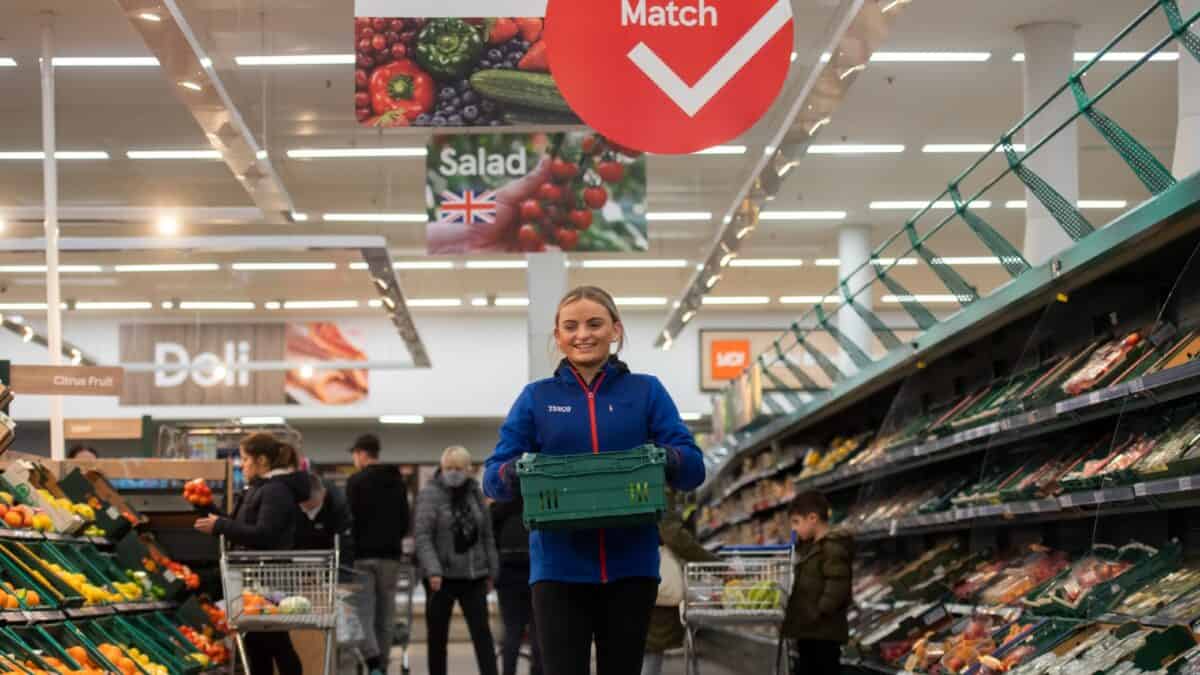Unlock the Editor’s Digest for free
Roula Khalaf, Editor of the FT, selects her favourite stories in this weekly newsletter.
Listed landlords are gaining ground over private equity in a higher interest rate environment, the chief executive of British Land has said, after his company raised £300mn from shareholders to fund a retail deal, marking its first equity raise in more than a decade.
Simon Carter said higher debt costs had “levelled the playing field between public markets and private capital, and probably even tilted [it] in favour of the public market”.
“You had a period of ultra-low interest rates coming out of the [global financial crisis], and debt was almost free,” he said. That meant that private capital groups, which typically use more debt to acquire property, could be “ultra competitive on deals”.
Private investment firms such as Blackstone and Brookfield have displaced listed companies like British Land and Land Securities as the most prominent investors in UK real estate thanks in part to a long period of low debt costs.
Although the Bank of England this summer cut its policy rate from a 16-year high, markets are not expecting a return to near-zero rates.
Carter said the shift in borrowing costs had helped to put public companies back “on the front foot”, thanks to their ability to swiftly raise funds from shareholders for acquisitions, compared with private fundraising processes that took months to complete.
British Land announced on Thursday that it had raised about £300mn of fresh equity from shareholders on Wednesday afternoon to fund a £441mn purchase of seven retail parks from Brookfield. The group last raised equity in 2013, British Land said.
Peter Papadakos, head of European research at Green Street, said that the ability to raise several hundred million pounds in a few hours was a major advantage for listed investors. The process to raise that much capital for a private fund in today’s market “will be three months — it won’t be three hours,” he said.
The Canadian asset manager has sold British Land a total of nine parks since September, which it bought from Hammerson and Nuveen in two deals in 2021 for a total of £405mn, at what it called “the height of the pandemic uncertainty”.
Carter is known to prefer these edge-of-town outdoor shopping destinations over indoor shopping malls, which are favoured by UK-listed rival Land Securities, because of their lower running costs and role as hubs for returns and deliveries.
“This is the format that is best for supporting online [shopping],” said Carter.
However, landlords like British Land still face major challenges. The 5 per cent gain in the value of its retail parks in the six months to September was offset by its London office campus and logistics — which dipped 1.6 and 2.6 per cent — leaving its overall portfolio values broadly flat.
The new parks, which are located across the country from Waterlooville in Hampshire to Falkirk in Scotland, are 99 per cent occupied and all anchored by either M&S or Sainsbury’s.
British Land has invested £711mn into retail parks since April. The landlord’s shares have rallied nearly 14 per cent over the past six months, and it recently regained its place in the FTSE 100.
Green Street analysts said equity placing at a discount to the share price and the value of British Land’s assets was “justifiable” because of the new properties’ returns, efficiencies from growing the retail parks portfolio and the merits of having more standing assets to counterbalance the risk of new developments.
Credit: Source link














